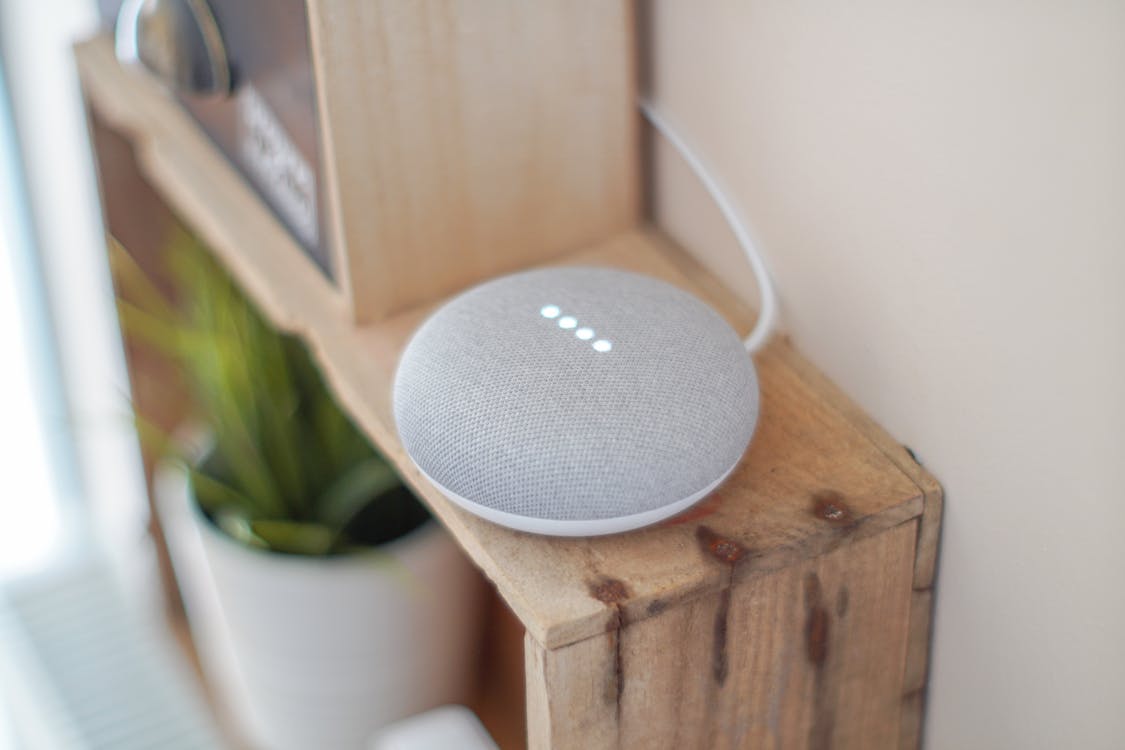
Technology is transforming modern homes, making daily tasks easier, more efficient, and even more enjoyable. Smart appliances are at the forefront, offering homeowners a degree of convenience they have never known before. From energy efficiency to automation, these technologies are altering the dynamics of homes. With voice control, remote monitoring, and AI-powered automation, smart appliances are making their way into homes everywhere. Below are six ways in which technology is redefining homes through smart devices.
Convenience through App and Voice Command
Smart devices offer the functionality of controlling domestic functions with just the touch of a smartphone display or simply voice command. Altering a thermostat or pre-heating an oven prior to getting home from a grocery store, for instance, are some such devices making things easier. Most smart refrigerators have touchscreen screens and inventory management to support meal planning and reduce food waste. Integration with smart home systems permits remote operation of appliances like never before, and this conserves homeowners’ energy and time on everyday tasks.
Energy Savings to Save Money
Smart appliances boast energy efficiency as one of their greatest advantages since they are designed to use electricity and water efficiently. The majority of smart washing machines adjust water levels based on load size, and smart dishwashers are equipped with sensors that recognize the best cleaning cycle. Smart refrigerators and air conditioners with saving modes can automatically change their settings based on current usage patterns. Homeowners can monitor their usage and make adjustments to lower utility bills through energy usage monitoring with connected apps.
Improving Home Security with Intelligent Integration
The integration of smart technology into household appliances has significantly improved home security. Smart locks, security cameras, and intelligent doorbells allow homeowners to monitor their property remotely. Smart stoves and ovens come equipped with automatic shut-off, reducing the chances of fire caused by abandoned cooking. Also, smart lighting can be programmed to mimic occupancy in the absence of the occupants to deter potential intruders. The ability to control and monitor security features with a mobile phone adds an extra layer of security for modern homes.
Personalizing Comfort and Routine
Smart devices can learn people’s habits and adjust accordingly to offer a more personalized experience. For example, smart thermostats learn to adapt to the preferred temperature for the day, and smart coffee makers can be programmed to make coffee the moment the alarm clock goes off. Even luxury appliances like premium smart ovens have assisted cooking functions that provide recommendations for optimal results every time. These technologies not only make living simpler but also enhance overall living conditions by ensuring daily habits occur as well and as smoothly as possible.
Simplifying Maintenance with Smart Notifications
One of the biggest issues with traditional appliances is maintaining and repairing them. Smart appliances simplify the process by providing reminders when filters need to be replaced, there is low water, or if there is a malfunction. Refrigerators can provide reminders when the temperature changes to maintain food freshness, while dryers and washers can be diagnosed for mechanical issues prior to the issue turning into costly repairs. With real-time reminders, homeowners can anticipate and avoid wear and tear on the appliances and even on sudden shutdowns.
Ensuring Seamless Integration into a Smart Home
Smart home appliances are designed to communicate smoothly with each other to create a seamlessly integrated smart home experience. Most devices are interconnected via smart home hubs, such that there is central control over lighting, security, entertainment, and climate controls. The smart kitchen can be programmed to work several appliances together, for instance, preheat the oven while a smart coffee maker begins brewing. This seamless integration makes it more efficient and convenient to accomplish household chores. As technology advances, the ability to network many appliances in a single system will keep enhancing the convenience of modern living.
Conclusion
Smart devices are transforming residences by incorporating extra convenience, efficiency, security, and customization. With the capability to monitor and control devices from anywhere, house owners are presented with an effortless and interconnected living experience that makes daily chores convenient. Technology upgrades will render such innovations smarter over time, turning modern life easier and more effective. Smart device spending is not merely a technological upgrade—it is about making ordinary life exceptional in meaningful ways.

